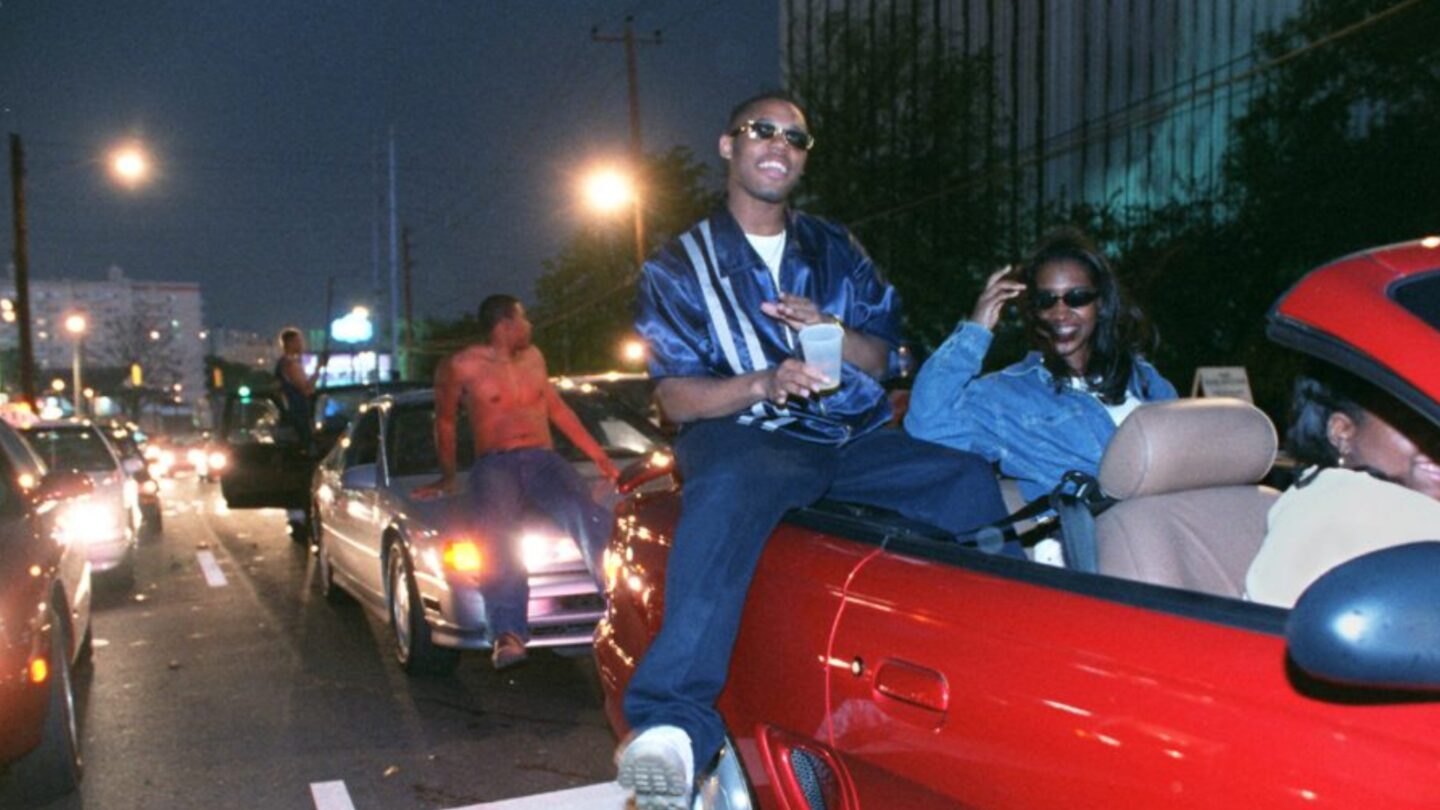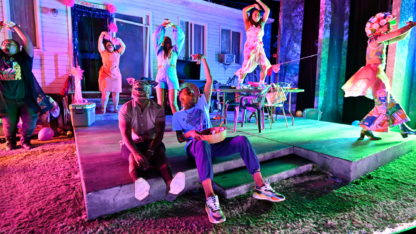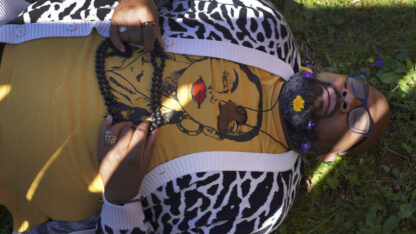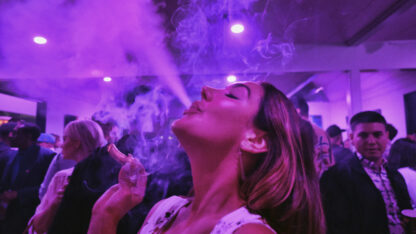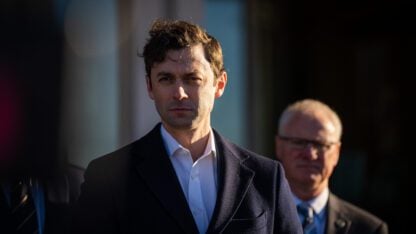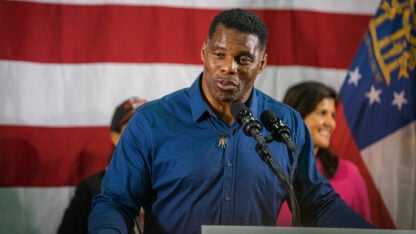Beginning in the late ’80s and lasting throughout the ’90s, Freaknik was an annual celebration created by students at Atlanta’s historically Black colleges and universities. The days-long festivities — centered around Black expression — quickly became a cultural phenomenon.
The now legendary Atlanta festival is the main focus behind the upcoming Hulu documentary, “Freaknik: The Wildest Party Never Told,” which premieres on the streaming service on Thursday, March 21, and is executive produced by Atlanta residents, music producer Jermaine Dupri and rapper 21 Savage.
Despite it being nearly 25 years since the last official Freaknik celebration in 1999, those who experienced the event in its heyday still have fond memories of the festivities as if it had occurred yesterday.
Tarangela Jones, a resident of Atlanta’s Hunter Hills community, was in her early 20s when she first attended the festival.
“It was parties everywhere … you had cars just cut off the whole street,” said Jones. “Everybody bumping their music in their cars, all the girls in their booty shorts!”
At its height, over 250,000 Black partygoers from across the country took over Atlanta’s streets. Despite the crowdedness of the event, Jones remembers everyone in attendance just wanting to have fun.
